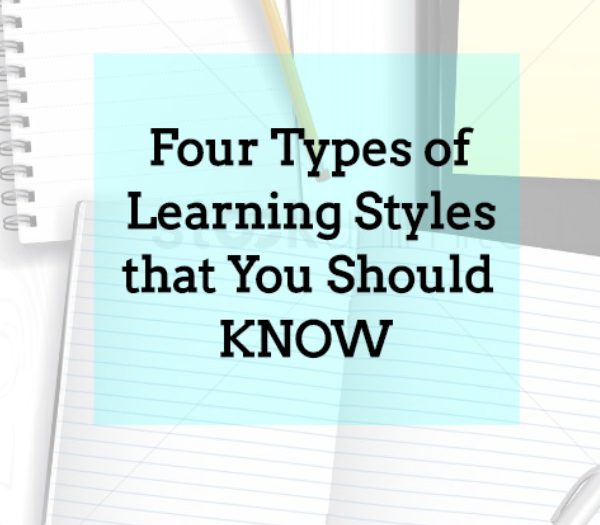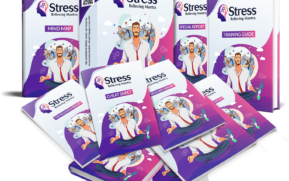
Why do we need to know our learning styles?
You may wonder why do we need to know our learning styles? There are many psychological theories that divide people into four basic types to carry out their research and understand their behaviour. You will find it useful to identify your learning style because you can have insights into, or explanations for how you learn. There are 4 types of learning styles in practice based on your characteristic. The four types are: the diver, the dreamer, the logician and the searcher.
When you understand what types of learning you have, you can know your strength area and what kinds of aspects you should consider improving so that you can learn better in home, school and your workplace.
How to find your learning style?
Below are four types of learning style. Identify which, if any, most aptly describes you. Pay attention to your learning strengths, and things you could develop to broaden your study strength.[/ultimate_heading][/vc_column][/vc_row]
The Diver
Characteristics
- You tend to jump in and have a go.
- You like to get things over with.
- You like to see if things work.
- You like to get on to the next thing quickly.
- You work well with short bursts of activity.
The Dreamer
Characteristics
- You think a lot about the subject of the things.
- You like to research things thoroughly.
- You put off practical aspects such as writing sometimes.
- You have no idea where time goes when you are working on particular task.
- You continually rewrite your time-planner.
The Logician
Characteristics
- You like things to make sense.
- You like to know the reasons behind things.
- You are organised in your approach to study.
- You enjoy tackling complex problems.
- You are a perfectionist.
The Searcher
Characteristics
- You find everything interesting.
- You like to see the big picture.
- You usually have bits of information on lots of things.
- You are fascinated by details but sometimes you don’t remember them.
- You find it hard to select what is relevant.
After you know which learning style you are based on the most matching characteristics mentioned above, you can look at the following part to understand your learning strengths and what areas you need to develop in order to sharpen your learning skills.
If you are the diver...
Here are your learning strengths if you are the diver:
- You don’t waste time worrying about things.
- You start tasks early and most likely earlier than others.
- You can motivate others and help others to achieve their true potential.
- You are good in role-play activities, problem-solving, and dealing emergency situation and crises.
Here are the areas that you may consider developing further if you are the diver:
- Think deeply or carefully about things and try to do more planning before starting the tasks.
- Improve your creative thinking and try to think outside the box.
- To be open-minded and consider alternatives.
- Learn to listening to and working with others more often.
- Widen your personal interest, so that you can work for a longer period.
If you are the logician...
Here are your learning strengths if you are the logician:
- You have analytical skill that you will breakdown complex information into smaller parts and this allows you to evaluate simple or complex problems.
- You are good at critical thinking that you will take outside knowledge into account while evaluating information.
- You have organisational skills.
- You are good at science, maths, law, problem-solving in general.
- You have a questioning approach that help you determine what levels of questions you will ask.
Here are the areas that you may consider developing further if you are the logician:
- You need to develop your creative and imaginative thinking.
- Learn to increase your sensitivity to the differences in others.
- Do a personal reflection by reconsidering events, thoughts and feelings from a fresh perspective.
- Develop your teamwork skill by working with others.
- Stress management – learn how to reduce your stress in a more effective way.
If you are the dreamer...
Here are your learning strengths if you are the dreamer:
- You reflect and evaluate well. Your reflective practice helps you to develop creative thinking skill and encourage other to have an active engagement in work processes.
- You are creative with lots of ideas and you can perceive patterns that are not oblivious and from a fresh perspective.
- You get to the root of things.
- You listen well and sensitively to others.
Here are the areas that you may consider develop further if you are the dreamer:
- Develop a more effective learning strategy.
- Sharpen your timekeeping and organisational skills.
- Taking responsibility for self and others.
- To be more participating in group.
- Learn to set priorities and take decisions.
- Assertiveness – learn how to stand up for your own or other thoughts in a calm and positive way, without being either aggressive, or passively accepting ‘wrong’.
- Learn how to risk-taking and make decisions that involve some risks.
If you are the searcher...
Here are your learning strengths if you are the searcher:
- You have high motivation and interest that you will proactively look for things that need to be done without being asked.
- You have broad general knowledge that helps you grow both on personal as well as academic level and
- you are usually can understands and analyses the situations better than others.
- You can see connections between things.
- You are creative and inventive because of your interest in knowing things.
Here are the areas that you may consider develop further if you are the searcher:
- Lean how to set goals and priorities because this can help you to maintain a clear focus on reaching the most important goals first and taking the steps to do other tasks.
- Sharpen your analytical and critical thinking and develop a more specific knowledge in one area rather than just in a board term.
- Learn how to categorise and selecting the information you have and focus on it.
- Developing memory for detail.
Style, habit, attitude, preference and experience (SHAPE)
After you understand your strength and weakness of your learning style, you also need to aware of other factors to know how to learn and use time more effectively. In practice, we each draw on SHAPE – a complex of individual combination of styles, habit, attitudes, preferences and experiences.
Learning Style: how we learn best
Learning Habits: how we have become used to studying
Personal Attitude: the mind-set that we bring to study
Learning Preferences: how we like to study and what approaches you enjoy to use even if not always the most effective for you
Personal Experiences: your educational and life history that impacts on how you study.
If you can consider your SHAPE, you will have more enjoyment in your learning and achieve better results in the long term.
I hope you will find this article useful. If you want to include particular topics please let me know.






